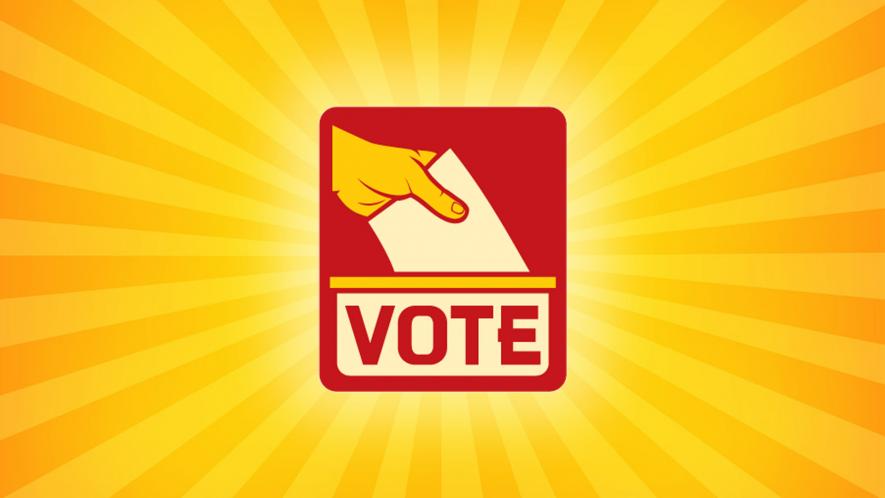Reading Between the Lines in Nagaland

Newsclick Image by Nitesh Kumar
On January 29, 11 political parties in Nagaland signed a joint declaration saying that they would neither contest nor issue party tickets for the upcoming assembly elections on February 27. This was in pursuance of the calls from various civil society groups to defer the elections until a Final Agreement is inked between the Government of India and the Naga insurgent groups as well as civil society groups. The Core Committee of Nagaland Tribal Hohos and Civil Organisations (CCNTHCO), was the body which organised the meeting and subsequent declaration. The CCNTHCO also declared that if the Election Commission were to notify the Elections, there would be a state-wide Nagaland shut-down on February 1. The CCNTHCO has stated that deferring the elections would consolidate Naga solidarity which may get sidelined by the process of party politics and the elections.
The signatories to the declaration were representatives of; the Indian National Congress, United Naga Democratic Party, Nagaland Congress, Aam Aadmi Party, Bharatiya Janata Party, Nationalist Democratic Progressive Party, Nationalist Congress Party, Lok Janshakti Party, Janata Dal-United, National People’s Party, and the Naga People’s Front.
However, the declaration was not without controversy. The BJP general secretary in-charge of Northeast, Ram Madhav has come out stating that the person who signed on behalf of the BJP was not authorised to do so. A press release from the BJP stated the same, further mentioning that the member who signed has been suspended. The press release also mentioned that a meeting was held between Ram Madhav, Minister of State (Home Affairs) Kiren Rijiju, Nagaland Chief Minister, T. R. Zeliang, and NPF President, Dr Shurhozelie Liezietsu, to discuss the seat-sharing arrangement between the NPF and the BJP.
The press release from the BJP comes as a surprise considering that the NPF was one of the Nagaland based parties to sign the joint declaration. The conclusions that can be drawn from the current state of politicking in Nagaland is that the BJP is pursuing the elections aggressively, irrespective of the current mood in the state. The NPF’s actions must however be seen in context of what happened in 1998. In 1998, a boycott call was announced. The NPF along with other parties in Nagaland observed the boycott call. However, at the last moment the INC filed its nomination papers and won 59 out of 60 seats in the assembly.
Therefore, by fence-sitting on the ‘solution before election’ issue, it appears that the NPF wants to avoid repeating the mistakes of the 1998 election. This is a big gamble as the NPF may evoke the anger of the Naga civil society groups. On the other hand, it is an open secret that parties in Nagaland operate largely with the blessing of the Underground groups (UGs). On January 25, Convener of the Steering Committee NSCN(IM), Rh. Raising called the election the ‘antithesis of solution’. He juxtaposed the two as the solution being for the Nagas, while the election is for India. The NPF game plan could very possibly be at the behest of the NSCN(IM), who in anticipation of the election being forced on Nagaland, would prefer if the NPF, with its larger base, form the government in Nagaland. Having a Naga party form the government could translate as having a sympathetic government. This would allow for a better bargaining position towards the Final Agreement. On January 29, according to The Assam Tribune, Raising stated that the NSCN(IM) was committed to the solution, and the Framework Agreement, and would stick with it despite any opposition.
Get the latest reports & analysis with people's perspective on Protests, movements & deep analytical videos, discussions of the current affairs in your Telegram app. Subscribe to NewsClick's Telegram channel & get Real-Time updates on stories, as they get published on our website.
























